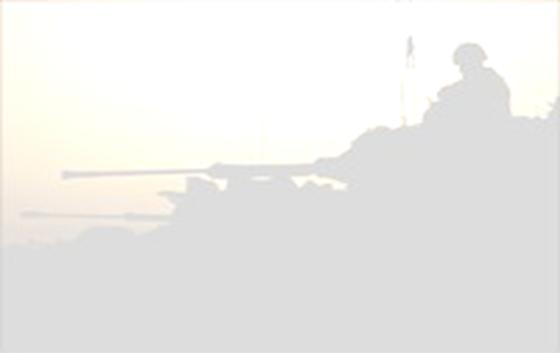British Casualty Monitor Update: 20.07.2007
Also, this morning comes the news of 3 more British fatalities, caused by a mortor attack on the airbase in Basra. This incident forms part of a pattern of steadily escalating combat casualties, the monthly moving average in Iraq now standing at 42.
Best of the web
- Migliori Siti Di Poker Online
- Casinos Not On Gamstop
- Non Gamstop Casino
- UK Casinos Not On Gamstop
- UK Casinos Not On Gamstop
- UK Casinos Not On Gamstop
- Casino Non Aams Italia
- Meilleur Casino En Ligne
- τα καλυτερα Online Casino
- Casino Not On Gamstop
- UK Online Casinos Not On Gamstop
- Gambling Sites Not On Gamstop
- Casino En Ligne France
- Trusted Non Gamstop Casinos
- UK Casinos Not On Gamstop
- UK Casino Not On Gamstop
- UK Casino Not On Gamstop
- Siti Di Scommesse
- Non Gamstop Casino Sites UK
- Non Gamstop Casino
- Online Casino Nederland
- UK Casino Sites Not On Gamstop
- Lista Casino Non Aams
- UK Online Casinos Not On Gamstop
- Casino Non Aams Sicuri
- Casino Online Non Aams
- Siti Casino Online Non Aams
- Bitcoin Casino
- Meilleur Site Casino En Ligne Belgique
- Meilleur Casino En Ligne
- Paris Sportif Ufc Mma
- Meilleur Casino En Ligne 2026
- Meilleur Casino En Ligne
- Meilleur Casino En Ligne
- Free Spin Senza Deposito Immediato
- Free Spin Gratis Senza Deposito
- Nuovi Casino Online
- Casino Online Sicuri
- Best Crypto Casino
- Casino Online Non Aams
